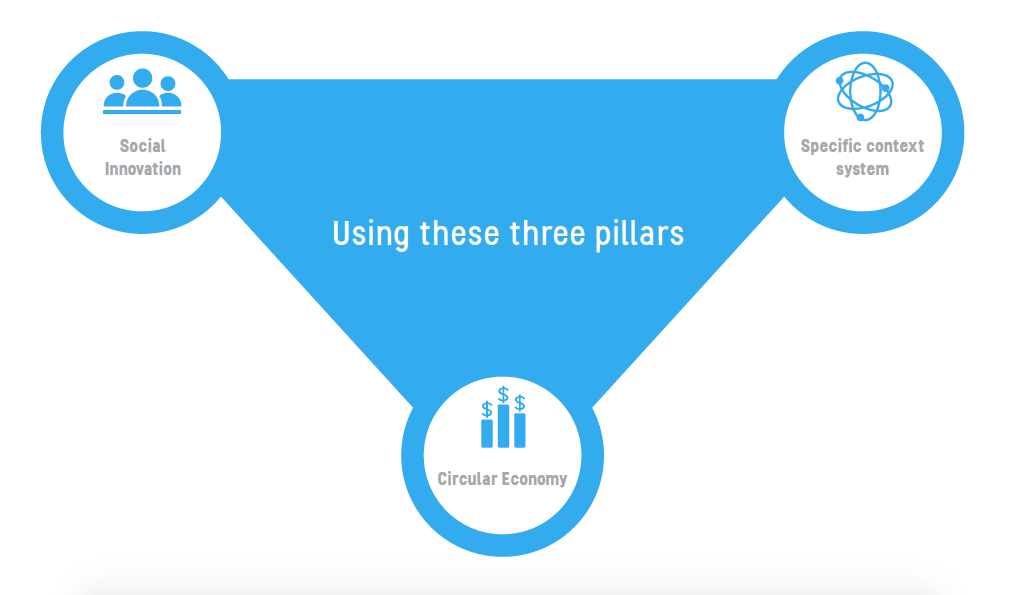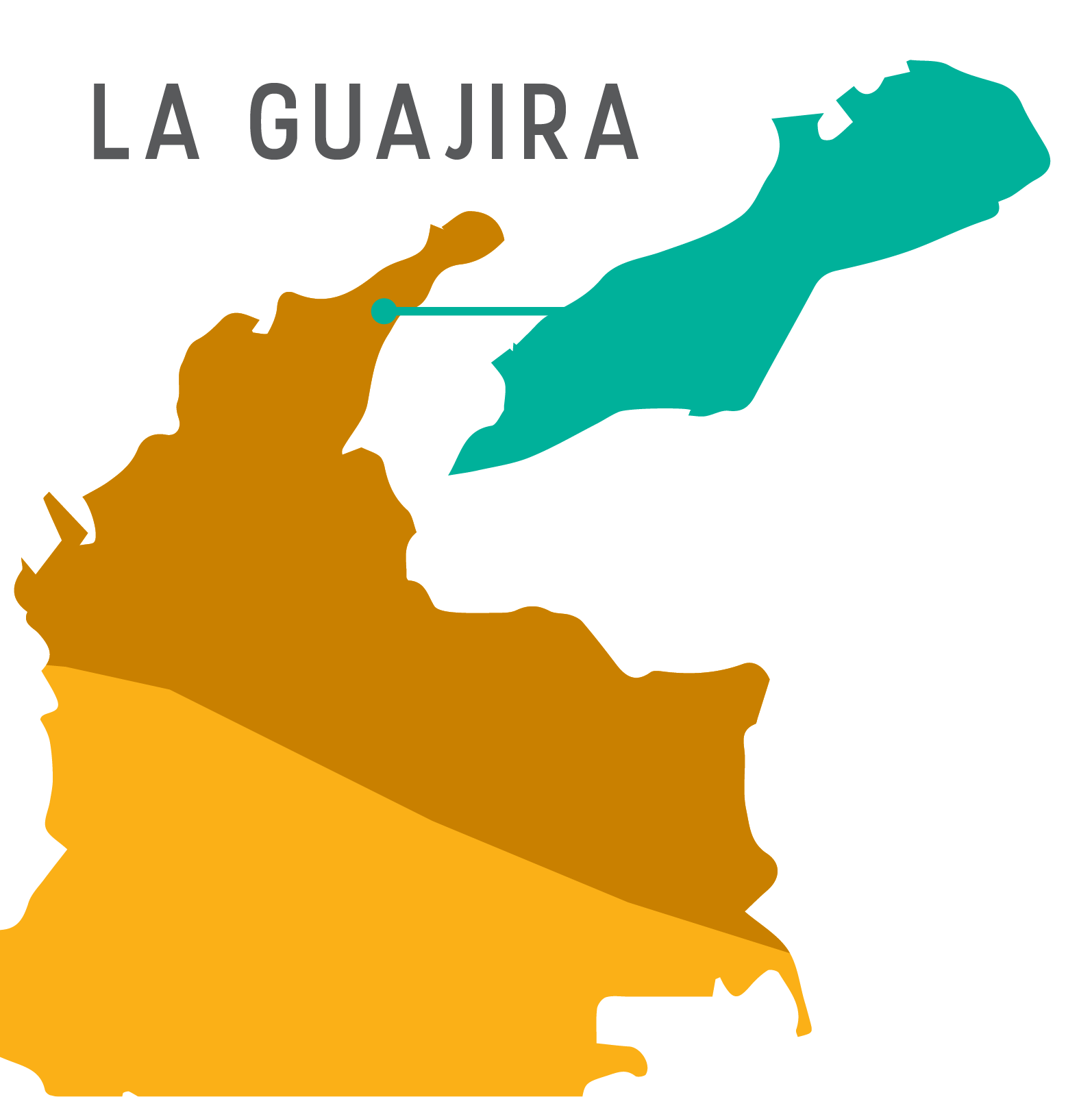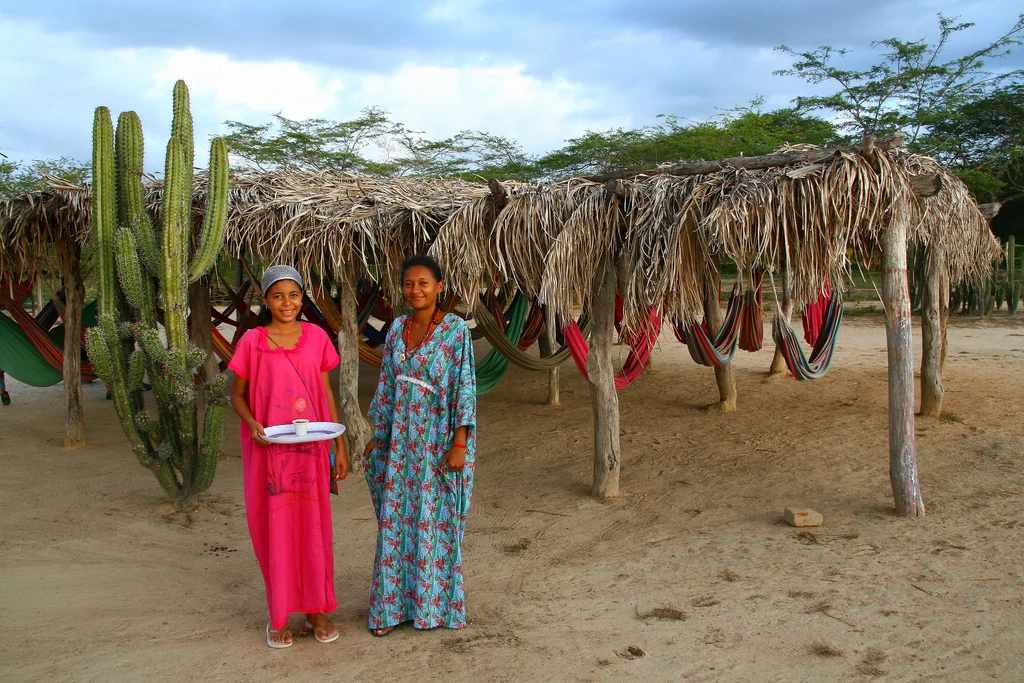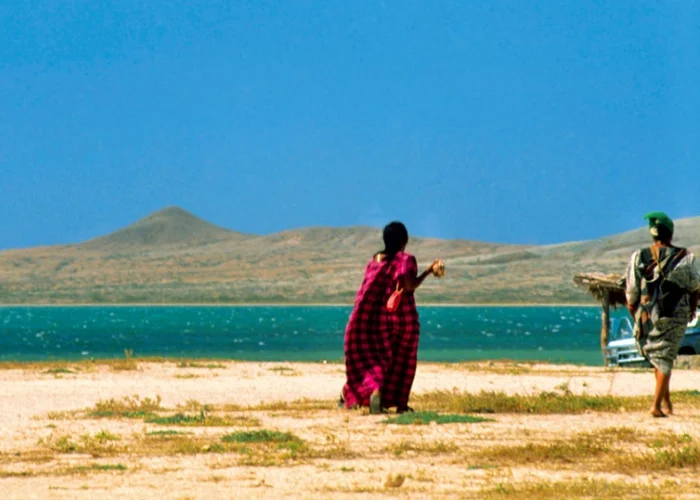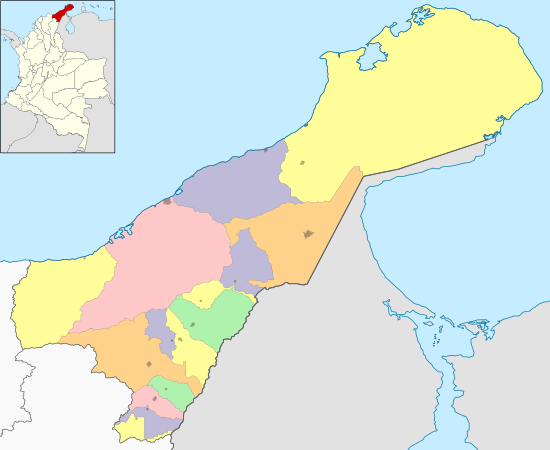For the project development, I would like to include three fundamental pillars of design to cultivate a collaborative solution that involves the local community. These three pillars are:
SOCIAL INNOVATION
“Social innovation is the process of developing and deploying effective solutions to challenging and often systemic social and environmental issues in support of social progress. Social innovation is not the prerogative or privilege of any organizational form or legal structure. Solutions often require the active collaboration of constituents across government, business, and the nonprofit world.”
Social innovation try to address social challenges that are complex in nature. In this issue it is worth highlighting the book "The Social Labs Revolution" Zaid Hassan, a co-founder of Reos Partners, makes the case that taking a planning-based approach to risk almost certain failure. Instead I have expounds on an experimental, prototyping based approach, social labs, that have proven more effective in addressing complex challenges
SPECIFIC CONTEXT SYSTEM
It may seem obvious that working with indigenous communities needs to include local solutions is, but many solutions that have been tried to implement different kind of solutions in the past, have failed, due to the lack of research and development of a work scheme with a high content of human centered design.
“Design for localism - local is a quality, not a place marker”
There is a strong relationship when one is leading a social project among the community, the local experiences and knowledge and the search to exalt the roots that the locals have. The search for solutions in relation to the drinking water access of the Wayuu community is determined by a general questioning of how these communities can be empowered to find their own solutions and carry on with them without the need of facilitators there?
CIRCULAR ECONOMY
Linear economy does not take into account the whole life cycle of the product, and maybe just because you did not have to worry about this, the massive production took over the system.
Talking about a Cyclical economy makes necessary to put in the table the Circular economy which in the Ellen Macarthur Foundation website is explained as:
“A circular economy is restorative and regenerative by design, and aims to keep products, components, and materials at their highest utility and value at all times. The concept distinguishes between technical and biological cycles. As envisioned by the originators, to circulate is a continuous positive development cycle that preserves and enhance natural capital, optimizes resource yields, and minimizes system risks by managing finite stocks and renewable flows. It works effectively at every scale.”

